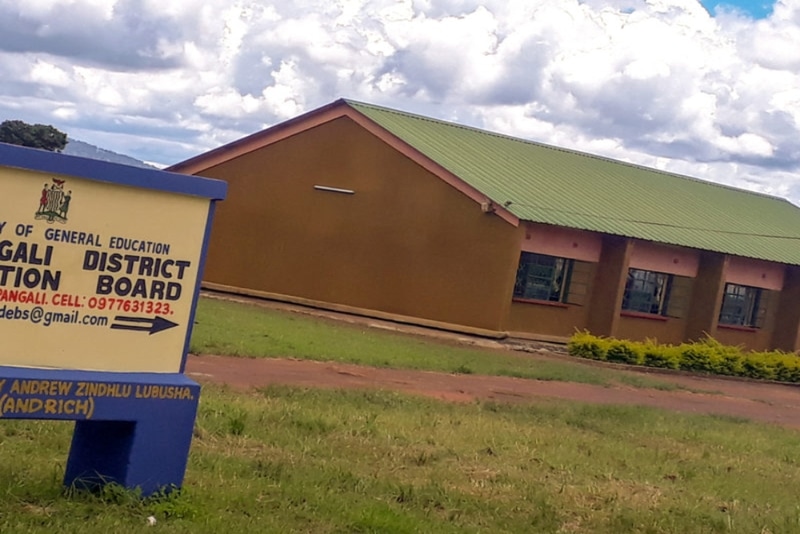By Charles Mafa
The Zambian government has told the International Monetary Fund it intends to increase investment in health and education despite its perilous debt position.
The message was conveyed to IMF officials during a five-day visit which finished earlier this month.
Finance Minister Situmbeko Musokotwane shared his budget priorities with the US-based institution as they thrash out arrangements for a rescheduling of Zambia’s $14.5bn debt burden.
In his second Ministerial Statement in less than a week, Musokotwane disclosed details to MPs of what Zambia conveyed to the IMF.
To the IMF, Musokotwane said Zambia’s top priority was to “attain debt sustainability” and also to create employment.
As part of the new government’s determination to ease its debt burden, serious negotiations are underway to either cancel or revise current loans that have not yet been disbursed.
“We are in discussion with creditors for possible cancellation in line with government’s ongoing program to cancel, re-scope and postpone some of the loan financed projects with a view to reduce the debt burden,” Musokotwane disclosed.
For the government, efforts to cancel these undisbursed loans is a tactical retreat, with the strategic goal of sending a clear message to worried lenders that reducing its debt liabilities is proactive. The hope is that the measure will stand the government in good stead moving forward towards full throttle negotiations.
Expectations of an IMF breakthrough are high. “We are hopeful that we will reach agreement with the Fund on the parameters of the programme as soon as possible,” Musokotwane revealed.
Two phase strategy
A two-phased engagement strategy with the Fund is underway. The initial phase ran from 27th September to 1st October, and its rationale was to secure the Fund’s buy-in on the government’s forthcoming 2021-2022 budgetary commitments.
These relate specifically to implementing economic recovery interventions; attaining debt sustainability; employment creation; and social sector spending, including health and education.
“These priorities are vital as they will form part of the overall macroeconomic framework that will be agreed with the Fund,” the Minister said.
Phase two of the government’s engagement with the IMF will focus on so-called Extended Credit Facility (ECF) programme discussions between the government and the Fund later this year.
The ECF supports countries’ economic programs aimed at moving toward a stable and sustainable macroeconomic position consistent with strong and durable poverty reduction and growth. The ECF may also help catalyse additional foreign aid.
Zambia’s debt management initiative falls under the Extended Debt Service Suspension Initiative (DSSI). This has enabled Zambia to temporarily pause some of its debt repayments.
The DSSI is underpinned by the Common Framework.
As a low-income country with unsustainable debt, Zambia is eligible for Common Framework admission, through which the government will actively engage the IMF for a funded programme.
“We aim to reach a staff level agreement with the IMF later this year by agreeing a macroeconomic framework for the medium term and then design, with the assistance of our international financial and legal advisors, Lazard Freres and White & Case, a debt restructuring strategy that will lead us into actual engagements with creditors under the common framework initiative,” said Musokotwane.
In addition to the $14.5bn government guaranteed debt, there is US$4.4bn debt that has been contracted but has not yet been disbursed. However, the undisbursed amount (of $4.4bn) “does not constitute part of the crystalized debt (of $14.5bn)” the Minister explained.
Of significance is that the government’s verification of its current debt stock also includes US$6.18 bn owed to Chinese creditors as at end of June 2021 (See also interview with Deborah Brautigam).
Going forward, the government also seeks to secure the Fund’s assistance to carry out an independent audit of its accurate debt position.
It is envisaged that an independent validation of that nature can help build consensus on the extent of debt relief needed for Zambia’s debt to return to sustainable levels.
This MakanDay article is in association with Finance Uncovered, a UK based journalism organisation
Discover more from MAKANDAY
Subscribe to get the latest posts sent to your email.
